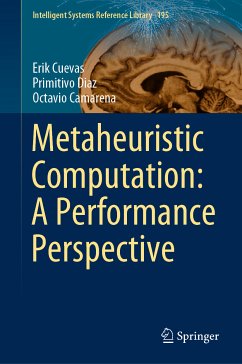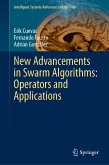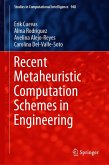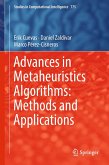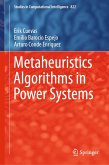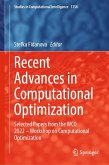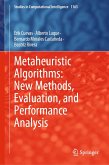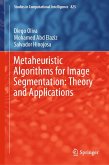This book is primarily intended for undergraduate and postgraduate students of Science, Electrical Engineering, or Computational Mathematics. Metaheuristic search methods are so numerous and varied in terms of design and potential applications; however, for such an abundant family of optimization techniques, there seems to be a question which needs to be answered: Which part of the design in a metaheuristic algorithm contributes more to its better performance? Several works that compare the performance among metaheuristic approaches have been reported in the literature. Nevertheless, they suffer from one of the following limitations: (A)Their conclusions are based on the performance of popular evolutionary approaches over a set of synthetic functions with exact solutions and well-known behaviors, without considering the application context or including recent developments. (B) Their conclusions consider only the comparison of their final results which cannot evaluate the nature of a good or bad balance between exploration and exploitation. The objective of this book is to compare the performance of various metaheuristic techniques when they are faced with complex optimization problems extracted from different engineering domains. The material has been compiled from a teaching perspective.
Dieser Download kann aus rechtlichen Gründen nur mit Rechnungsadresse in A, B, BG, CY, CZ, D, DK, EW, E, FIN, F, GR, HR, H, IRL, I, LT, L, LR, M, NL, PL, P, R, S, SLO, SK ausgeliefert werden.

